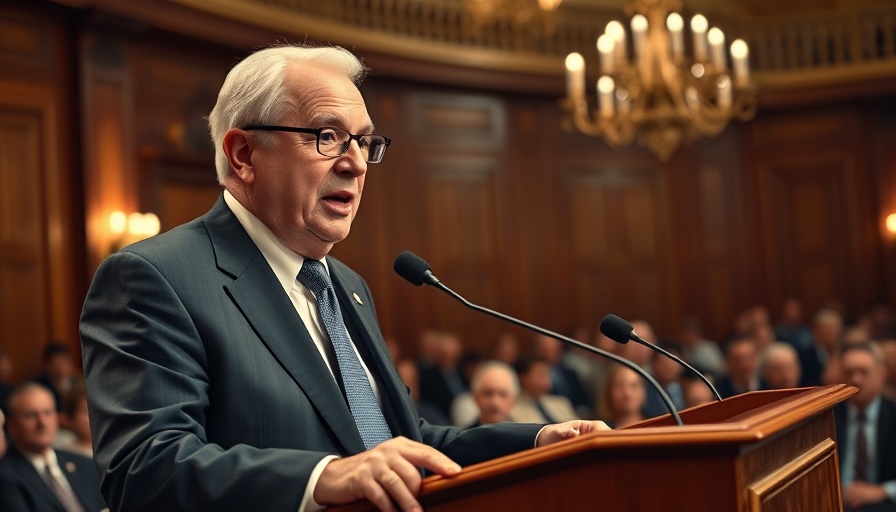
Understanding the Current Issue: Christian Values in a Changing Society
Many people today are confronted with increasing debates over significant societal changes, especially those related to gender identity and reproductive technologies. Topics like transgender ideology and in vitro fertilization (IVF) can raise questions about Christian values and teachings.
In CI News: 8 August 25, the dialogue explores current Christian perspectives on societal changes, prompting a deeper examination of how these issues resonate with faith.
Why This Matters for Christians
For those interested in upholding Christian values, the relevance of these discussions can't be overstated. The Bible teaches about the sanctity of life, identity, and the beauty of God’s design for humanity. Each new social landscape can challenge one's faith and the community's beliefs, making it essential to explore these topics deeply and compassionately.
The Role of Transgender Ideology
One of the hottest debates within Christian circles is regarding transgender ideology. Supporters highlight the importance of acknowledging individual identity, while critics, particularly among traditional Christians, argue this conflicts with biblical teachings on gender. Understanding both perspectives and rooted responses is crucial for those navigating these conversations.
IVF and Ethical Considerations
IVF introduces additional complexities into this discussion. Many Christians grapple with the moral implications of creating embryos and the potential for selection based on traits, which can conflict with the idea of accepting life as a divine gift. It's important for Christians to evaluate the ethical landscape of these technologies with prayer and biblical guidance.
Personal Narratives and Community Response
Listening to personal stories can open hearts and foster understanding. Community support for individuals going through transitions or seeking fertility treatments needs to be compassionate yet rooted in biblical truth. It’s about engaging in meaningful dialogue, offering support while remaining true to Christian teachings.
Moving Forward: What Can We Do?
As society navigates these changes, Christians can be active participants in the conversation by engaging with empathy, sharing biblical truths, and connecting with those who may feel misunderstood or marginalized. By fostering a community where questions are encouraged, Christians can guide discussions and actions that truly reflect their values.
Inspirational Quotes to Reflect On
“The truth will set you free,” as stated in John 8:32, can remind us that engaging honestly with challenging conversations leads to greater understanding and ultimately spiritual growth.
Final Thoughts: A Call to Compassion
In today's complex societal framework, it's essential to uphold Christian values while engaging in thoughtful discussions. Rather than shying away from tough conversations, Christians should explore their faith and encourage love and understanding, embodying the teachings of Christ in every interaction.
 Add Row
Add Row  Add
Add 








Write A Comment